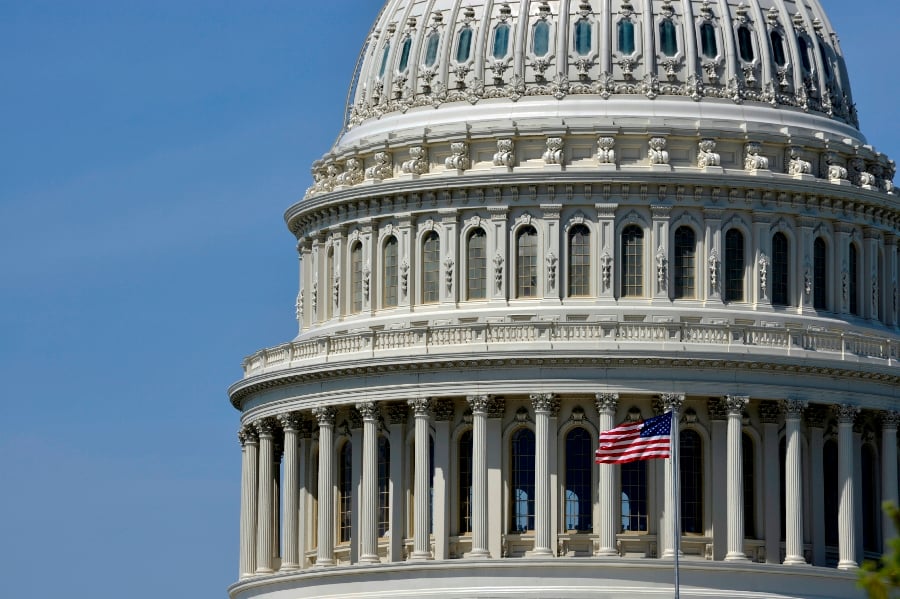An important policy issue for financial advisers is likely to get swept into a legislative battle this fall over how to keep the government running.
When Congress returns Tuesday from its August recess, it will have only a handful of legislative days to reach agreement on a bill that would fund the government beginning Oct. 1, the first day of the new fiscal year.
Once again, lawmakers will have to resort to a so-called continuing resolution that keeps agency funding at current levels because Congress has not passed appropriations bills.
A flashpoint will be deciding which, if any,
riders to include in the CR. One that has been proposed during the appropriations process would prohibit the Labor Department from implementing a rule designed to reduce conflicts of interest for brokers working with retirement accounts.
A “clean” short-term CR with no riders may be the initial solution, especially with a September debate looming on the Iran nuclear agreement.
But by the end of the year, Congress will have to pass a longer CR. What's included in that bill is anyone's guess.
It's more difficult to attach a rider to a CR than to a normal appropriations bill, but advocates of the DOL rule are taking nothing for granted.
“We can't afford to be complacent about the legislative threat,” said Barbara Roper, director of investor protection at the Consumer Federation of America. “The message to Democrats is 'just say no' [to all riders]. If you fight these riders one at a time, you'll lose.”
SEPTEMBER HEARING
The fiduciary issue will hit the congressional agenda quickly.
A Sept. 10 hearing of the House Financial Services Committee will focus on the DOL rule, with most of the witnesses reflecting the Republican majority's opposition to the measure. A bill written by Rep. Ann Wagner, R-Mo., that would
stall the rule also will be discussed — and perhaps voted on later in the month.
The hearing is another way for Republicans to pressure DOL to abandon the proposal, and build support for a rider.
“It's definitely in play,” said Jason Rosenstock, a partner at Thorn Run Partners, a government-relations consulting firm.
The DOL fiduciary rider won't be the most prominent one offered. Some conservative Republicans have threatened to shut down the government over funding of Planned Parenthood. If that provision were included in a CR, President Barack Obama would almost certainly veto the measure.
“Would he do that over a DOL regulation? That's less clear, I think,” said Andrew Friedman, principal and founder of The Washington Update.
Mr. Obama has
strongly endorsed the DOL rule. But a lot of options will be on the table during budget negotiations.
“These fights are so complicated,” Ms. Roper said. “Who knows how that plays out?”
'MANUFACTURED' CRISES
The budget fight is emblematic of a fall that will feature “one manufactured crisis after another,” Mr. Friedman said.
Following the budget deadline, highway funding will expire at the end of October, and the federal debt ceiling could be reached in November.
Each of these deadlines could roil Washington and Wall Street.
“Shorter term, there could be more volatility,” Mr. Friedman said. “You might see the markets pull back, and that could be a buying opportunity.”
TAX EXTENDERS
On a less dramatic scale this fall, Congress will have to decide the fate of a package of tax breaks that typically expire each year and have to be renewed. The so-called tax-extenders include a provision that allows for tax-free charitable donations directly from individual retirement accounts.
The House has passed a series of bills that would make many of the more than 50 extenders permanent. Just before the August recess, the Senate
passed a two-year extension. The different approaches will have to be reconciled.
“The best-case scenario is that extenders are addressed by the end of the year,” said Marc Gerson, a partner at the law firm Miller & Chevalier and a former tax counsel for House Ways and Means Committee Republicans. “Most likely, it will be a one-year extension and expire in January.”







